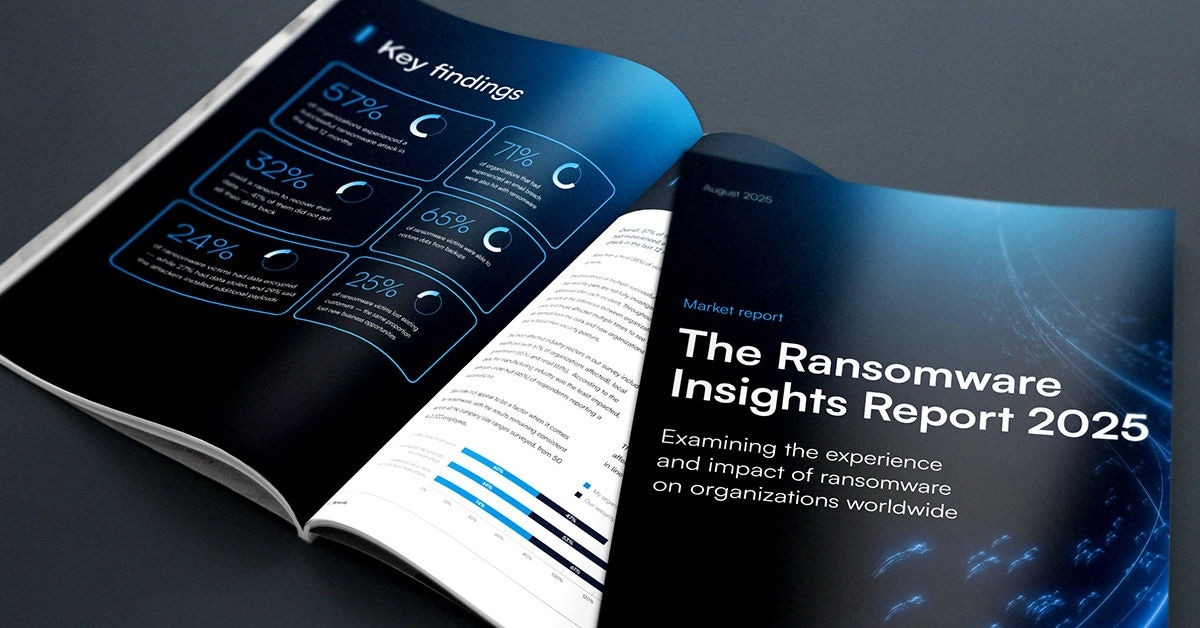
[Webinar] Data in Microsoft 365 is at risk. See how to protect it.
Some of you younger folks won’t remember this, but there was a time in the early days of personal computers when everyone was constantly telling everyone else to BACK. UP. YOUR. DATA!
Remarkably, it’s a message that still bears repeating. Backup has always been a chore that doesn’t offer any immediate upside. But when your hard disk crashes, or someone accidentally deletes important data, or ransomware crooks encrypt and steal business-critical files, having an advanced, reliable, easy-to-use backup system is incredibly valuable. It can mean the difference between weeks or months of operational disruptions and massive costs, and a mere bump in the road that you can recover from in a day or two.
The paradox of the cloud
Until Microsoft 365 took off, most organizations had gotten pretty good at maintaining decent backups. But then something happened. A lot of people just assumed that data stored in SharePoint Online and OneDrive was fully protected by Microsoft’s native data-retention capabilities. Well, it’s not.
Maybe it’s not exactly a paradox. Maybe it’s more of an example of irony. But whichever it is, the widespread adoption of Microsoft 365, which in many ways enhances security, and certainly provides many other benefits, has resulted in a striking loss of effective data protection.
I’ve posted about this before, here, and here. But it bears repeating. You are responsible for protection and retention of your content and data stored in Microsoft 365. That is the core of the “shared responsibility model” that applies to data stored in the cloud. Microsoft provides this handy explanation of exactly what that means.
Don’t just take my word for it
If you carefully read the Microsoft Services Agreement governing your use of Microsoft 365, you might notice this bit, section 6 paragraph b:
We strive to keep the Services up and running; however, all online services suffer occasional disruptions and outages, and Microsoft is not liable for any disruption or loss you may suffer as a result. In the event of an outage, you may not be able to retrieve Your Content or Data that you’ve stored. We recommend that you regularly backup Your Content and Data that you store on the Services or store using Third-Party Apps and Services.
And here’s a relevant excerpt from a May 2022 report from the Enterprise Strategy Group:
Given Microsoft's responsibility and supporting technology is limited to infrastructure levels, organizations are exposing themselves to risks such as data loss and security breaches, retention and regulatory compliance exposures, and lack of data control in hybrid deployments if they are without third-party backup plans. In addition, many customers have their data stored in a combination of on-premises and cloud environments, while others have different teams on different versions of Microsoft 365 suites, which can make data protection more challenging in hybrid deployments without a unified backup solution.
Or, to put it in layman’s terms: BACK. UP. YOUR. DATA!
Get expert insights at a new webinar
Attend a new webinar coming up on December 13 to get all the details on why your business-critical data in Microsoft 365 may be at risk, how to protect it effectively, and what features and capabilities to look for when selecting a third-party backup solution.
Don’t wait to find out the hard way that Microsoft’s built-in data retention policies do not provide adequate protection for your data. Reserve your spot at the webinar now.

Informe de Barracuda sobre Ransomware 2025
Principales conclusiones sobre la experiencia y el impacto del ransomware en las organizaciones de todo el mundo
Suscríbase al blog de Barracuda.
Regístrese para recibir Threat Spotlight, comentarios de la industria y más.

Seguridad de vulnerabilidades gestionada: corrección más rápida, menos riesgos, cumplimiento normativo más fácil
Descubra lo fácil que es encontrar las vulnerabilidades que los ciberdelincuentes quieren explotar.





